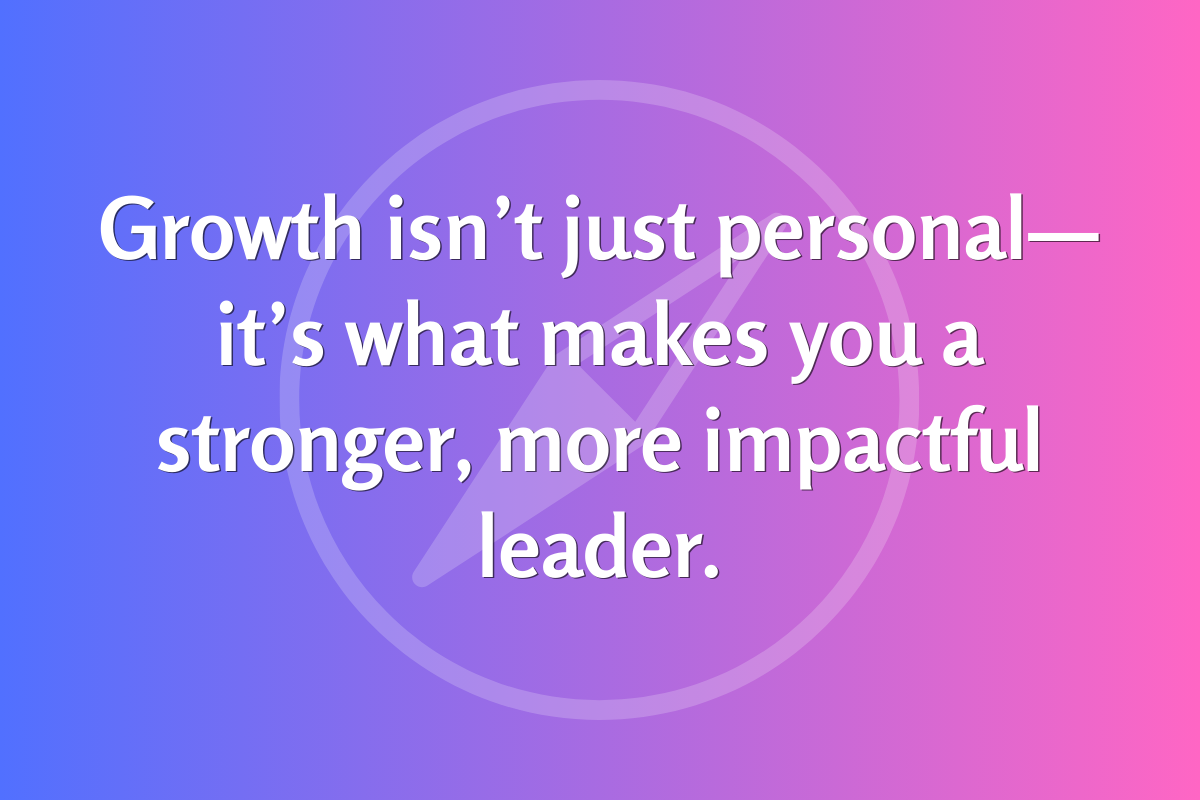3 Simple Self-Actualization Questions that Will Help You Realize Your True Purpose

Why boredom leads to an unfulfilled, unhealthy, and unhappy life — and what to do about it.
There are two types of boredom: One is meaningless, whereas the other will suck the life out of you.
The meaningless one is probably a result of being overly distracted. Maybe you’re slouching on the couch, mindlessly watching TV while endlessly scrolling TikTok, Instagram, or Grindr. As your eyes begin to glaze over, you think to yourself, “I’m bored. I want pizza.” If your couching-moment is a rare one, perhaps you were too tired to think of something interesting to do and defaulted to a mind-numbing barrage of visual distractions. Hey, once in a while ain’t gonna hurt you, right?
The other boredom is habitual and purposeless.
This kind of boredom is often the result of procrastination. And what is procrastination other than repeatedly doing something meaningless to avoid taking action and facing your fears about why you are bored in the first place?
Ouch, that sounds harsh, but it’s not a judgement. Sporadically, we have to tell it like it is to get fired up and make a change. “Procrastadom” (I sweat this is a technical term in my queer dictionary) ultimately leads to frustration. This is the wonderful state of feeling upset and annoyed at your inability to change or accomplish something — worst-case scenario, anything at all.
Are you bored once in a while or ALL the time?
I have experienced this state of mind many times in my life. Each time, it was a sign that I needed to look inwards and get clear about my feelings. As in, what feelings didn’t I want to face? The answer, most typically, was that I wasn’t in alignment with my purpose — or that I needed to refine my purpose as I had evolved out of the old one.
Just a quick note that our purpose, values, and beliefs can change over time — and in some cases, they should change. Like, for the common good please! Being stuck in the same-same might in fact lead to bouts of procrastadom or take you down a dark path of allowing someone else to make decisions for you.
IDEA(tion): 3 Deceptively Simple Self-Actualization Questions.
Here’s how you get to the surface of your passions so that you can later mine the depths for your purpose. Are you ready? Great! Promise me that you will answer each one before moving on.
- What do I WANT to do with the time I have on this planet?
- What MUST I do so that I will feel fulfilled?
- What makes me feel energized, motivated, passionate, and happy?
STOP! Seriously, write your answers to the above questions. Otherwise, all the words below are a waste of time. I mean, otherwise, why are you reading this? What? Are you bored? Um, okay, I hope you got the point. Now back to our story…
☞ Watch a deeper dive into this article on my YouTube channel.
These three questions are their own are not enough.
Don’t get me wrong, they’re really great questions and I came up with them, so… What you will discover, is that your answers will demonstrate an intersection of your wants, needs, and aspirations — all of which are connected to a deep sense of emotional alignment.
In other words, you might experience an indescribable sense of contentment or an “A-Ha” sense of insight and awareness when you hit on the “feeling” of your purpose that drives and motivates you.
Origins of the meaning of the word, emotion.
Let’s do some word history. This is my geek-out moment. Are you ready?
Emotion comes from the Latin verb, emovere, which means to “move out, remove, agitate.” The root of the word, movere means, ‘to move.’ We experience most emotions on a physical level. When you read the examples of the various emotions in the bullet point below, ask yourself how you have felt and moved when you experienced each one.
From a neurobiological standpoint, emotions are action programs (the software that keeps us alive) that include both drives and feelings. For clarity,
- A drive is associated with instinctual physiological needs like “hunger, thirst, libido, exploration and play, care of progeny and attachment to mates.”*
- Feelings are mental experiences associated with physical states.
- Emotions are action programs triggered by external factors (notably in real-time or as memory) and include “disgust, fear, anger, sadness, joy, shame, contempt, pride, compassion, and admiration.”*
What Drives You, Moves You.
For example, if you’re hungry (drive) you are moved (motivated) to find something to eat. If you are deeply passionate about a certain kind of work (writing a novel, volunteering at an LGBTQ refugee organization, reading about history), you will be easily moved and self-motivated to do that work.
The more that you have connected your work or passion project with a core drive, the more powerful the associated feelings and emotions. This is why passion has such a strong association with purpose. Passion is an intense drive — possibly associated with exploration — and excitement for something. If you’re not passionate about your purpose, it’s not going to be something you invest a lot of your time doing. Like, you’d be bored, right? Pizza?
To fully integrate your answers to the three self-actualization questions with your purpose, you will need to dig deeper into knowing what you stand for in life. You will need clarity about the areas of your life that support a meaningful and fulfilling purpose. This includes knowing your core desired emotions (e.g., contentment, happiness, excitement), values, and beliefs. Each of these aspects should intersect with your purpose to give it a solid foundation — especially when the work you’re passionate about gets challenging.
Discovering each aspect requires time, refinement, and eventual alignment with other meaningful aspects of your life to make sure everything fits together like a completed puzzle.
Knowing what grounds you — and thus what you stand for — creates more prediction in life.
You could call this a sense of certainty or control, in the sense of your purpose acting as the true north for the direction you take in life. This helps you to skillfully respond to the challenges of daily life with the inner strength of purpose and to influence what’s happening, instead of being an innocent bystander — or worse, bored.
When you know what’s most meaningful and important to you to feel fulfilled, you have mastery over your choices and actions because they will be in alignment with your values, beliefs, desired emotional states, and purpose.
Would you like help to get clarity and define your purpose to enjoy more out of life?
If you’re a queer creative or thought leader and want to become more skillful at what you do so you can make a meaningful difference, let’s meet for an IDEA(tion) Discovery Session.
* Damasio, A., Carvalho, G. The nature of feelings: evolutionary and neurobiological origins. Nat Rev Neurosci 14, 143–152 (2013). https://doi.org/10.1038/nrn3403
Photo by Ev on Unsplash.





Member discussion